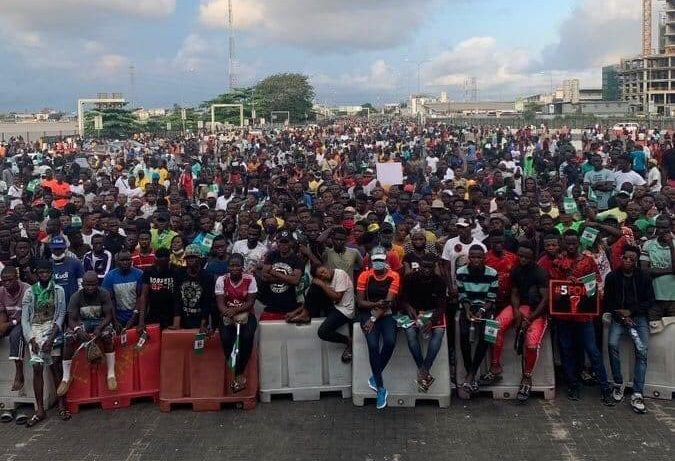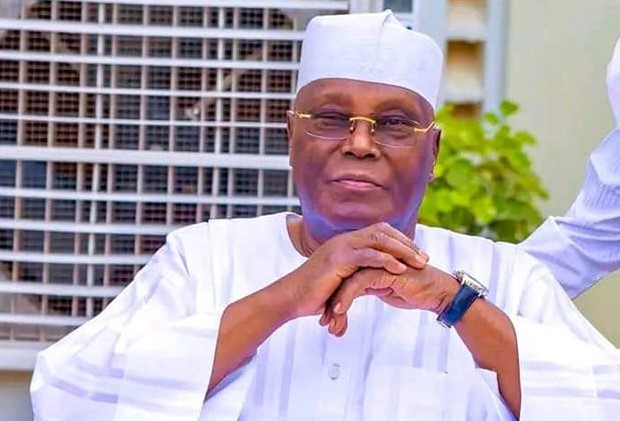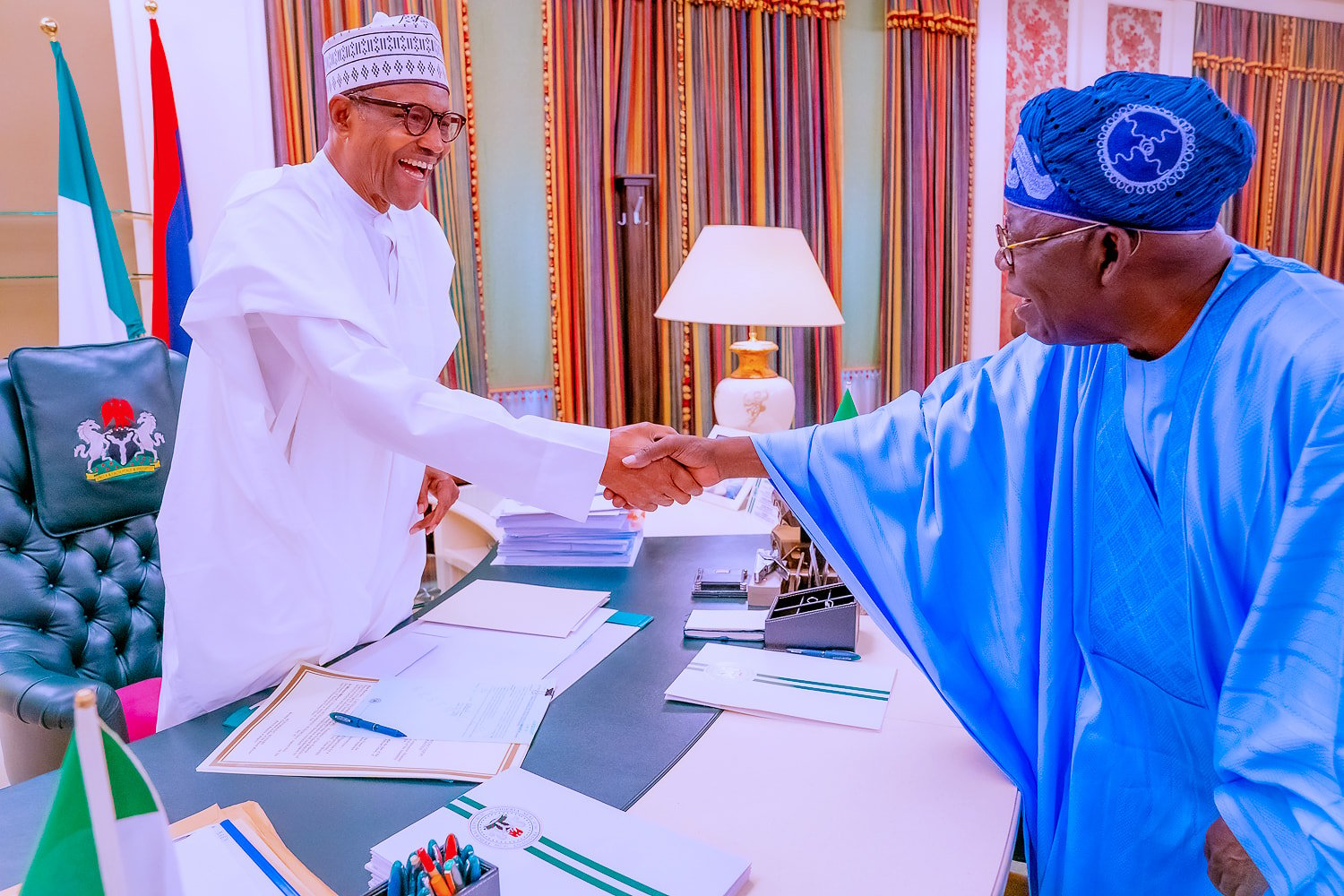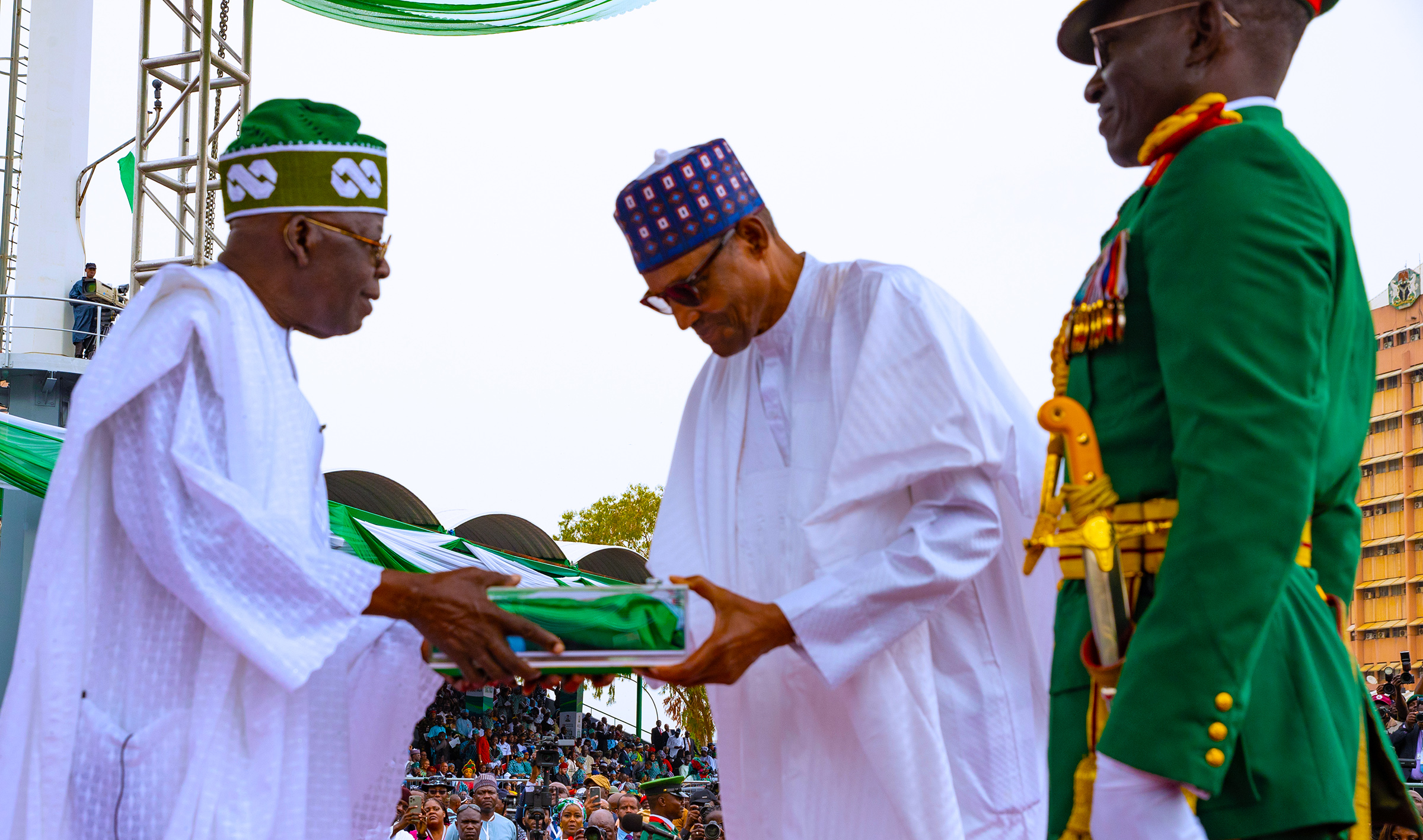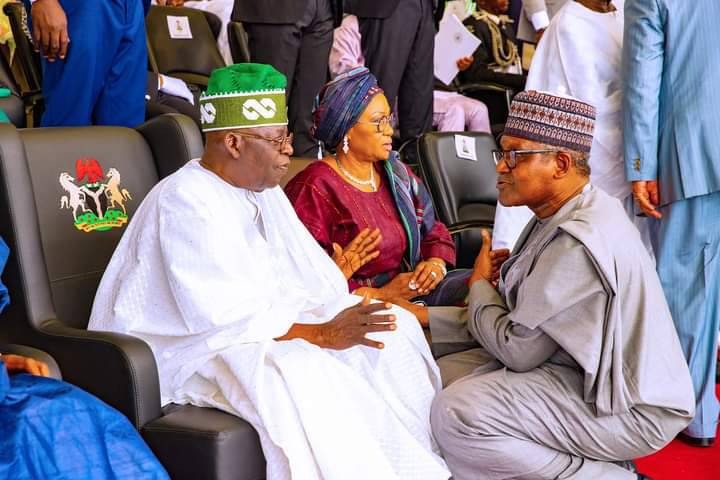The Buhari Years: What We Ordered vs What We Got – civil society leaders reflect on the Buhari administration and its achievements, shortcomings, and regressive actions. This article focuses on senseless killings and other atrocities.
A reflection on the Buhari administration easily throws up a semblance of the popular ‘what we ordered versus what we got’ mantra. Buhari was elected in 2015 on the promise of tackling the country’s burgeoning security challenges that seemed uncontrollable by the Jonathan government. Boko Haram, in the final months of 2014, was in control of 15 local government areas; an area, as the saying went at the time, “bigger than Belgium”. At the same time, clashes between farmers and militant herdsmen in the food-producing areas were racking up casualties, and this was scarcely covered in the news. Buhari rode to power, promising to tackle these as a first-line act.
Unfortunately, the early part of the Buhari government introduced a pattern of large-scale state-sponsored violence. A mere six months after he became President, the army committed one of its major mass atrocities under his administration. Soldiers murdered at least 348 members of the Islamic Movement of Nigeria (IMN) in retaliation for blocking the convoy of the then-Army Chief Lt. Gen. Tukur Yusuf Buratai. The number of people killed, according to some sources, was as high as between 700 and 1,000. That incident sparked off the persecution of the movement and the subsequent incarceration of the group’s leader Ibrahim El Zakzakky and his wife.
Advertisement
The August massacre of pro-Biafra demonstrators in Aba, Nkpor, and Onitsha in Nigeria’s south-east took place a few months before the Zaria Massacre on Al Quds Day. What both massacres showed was the discriminatory mindset with which Buhari set to govern; a glimpse of which was gotten when he made the statement about paying more attention to constituencies that raked in 97% of their votes for him, compared to those that gave 5% which, more than anything, prepared the country for the worst.
Mr Buhari is leaving behind a country that is more fractured, bent and broken than he found it on May 29th 2015, when he took over from President Goodluck Jonathan. It is, therefore, not surprising that Buhari intends to retire to the neighbouring Niger Republic after leaving office. He said this during the unveiling of a new Nigeria Customs Service headquarters in Abuja recently. Buhari said if anyone with force moved near him after his retirement, Niger would defend him. He wasn’t talking in the Apostle Paul’s dictum of finishing the good fight. In Paul’s case, he foresaw a crown laid up for him in heaven. What Buhari had in mind, in his planned escape to Niger, is to avoid a possible accountability probe for his time in office that the successor government might institute.
Among all of the president’s sins, quite literally, nothing quite makes the mark more than the mass atrocities that were committed under his watch. Ever since 2015, hardly a year passed by without a massacre by either government forces or non-state actors, which the military became increasingly powerless to stop. The non-state actor atrocities came mostly from two perpetrators – bandits and herders, as a result of the country’s poorly manned borders and incessant supply of small arms, which the security agencies have struggled to contain.
Advertisement
The consequences were profound. When alleged militia-herders massacred more than 50 people in the Igangaan community in Ibarapa North LGA of Oyo state in June 2021, it set off a chain reaction that moved the country in a direction whose outcome is subject to one’s interpretation. The Ibarapa violence led to the solidification of the restructuring cries that led to the creation of state and region-backed militia, unified the governors of the south, and revealed even deeper fault lines between the north and the south. Buhari’s disinterested handling of the Oyo crisis, among others, created the blueprint for the continuation of the massacres and atrocities that went on in the Benue Valley and the Jos Plateau, and have continued to this day.
While other events merit attention in their own right, the massacre of peaceful anti-police brutality “#EndSARS” protesters in Lagos in October 2020 will forever hang over Buhari’s reign. What made this atrocity stand out from the countless others that have taken place under his watch is that it took place right in the heart of the country’s economic capital, Lagos.
Sending in the military to quash the protests in the event that has now become known as the “Lekki Massacre” destroyed the hopes and aspirations of thousands of Nigeria’s youths who had rallied for two weeks across the country, peacefully calling for the dissolution of a murderous police unit whose speciality was the dehumanisation of young Nigerians. While the government struggled to contain the fallout by denying and gaslighting witnesses, two other related massacres were going on in the Irewole local government area of Osun state and Oyigbo local government area of Rivers state, both carried out by Nigeria’s military.
The Buhari years, among many things, made Nigerians and the international media numb to frequent inundations of massacres and avoidable killings, which was hoped not to be the case when he came to power in 2015.
Advertisement
The killings aside, Nigeria’s economy has tanked under the Buhari government. There is a running joke on Nigeria’s social media that what Buhari cannot destroy does not exist–often said in humour to the mishandling of Nigeria’s economy by the Buhari administration. The interconnectedness of poverty, the scramble for scarce resources and insecurity is supported by data.
As he retires to Daura tomorrow, he feels a foreboding of the heaviness of accountability for his time in office. Sadly, that foreboding of the consequences of his poor performance has not just changed Nigeria for the worse, but also normalised a culture of impunity that cannot be brought to bear, by which justice for the dead and maimed would be left for his conscience to handle.
Cheta Nwanze is a partner at SBM Intelligence.
Advertisement
Views expressed by contributors are strictly personal and not of TheCable.
Add a comment

